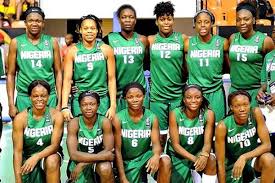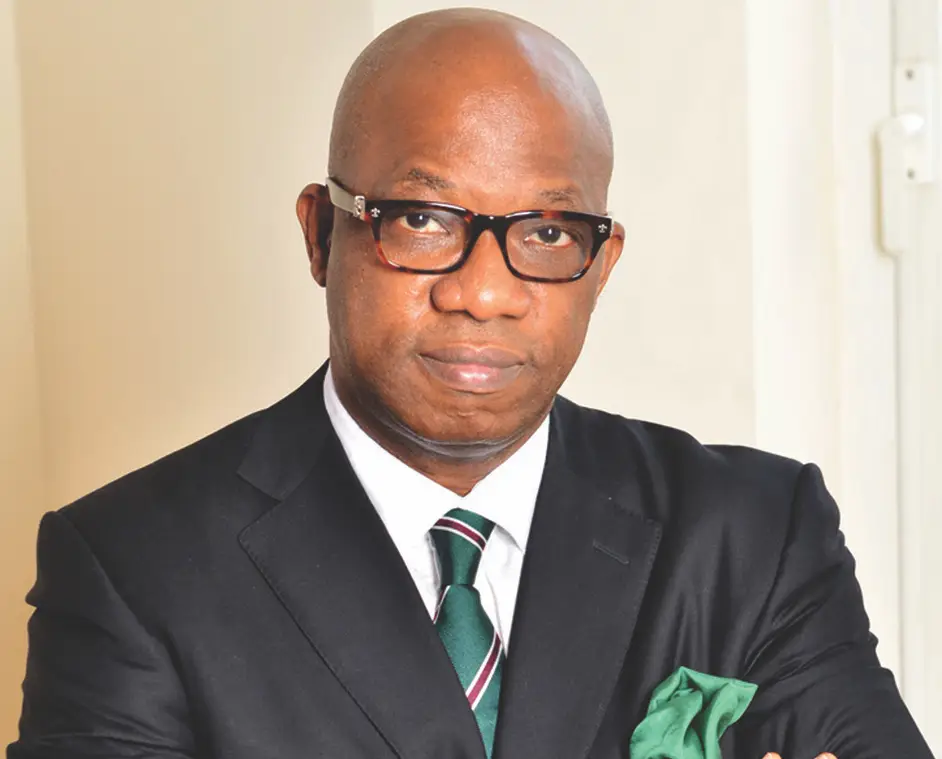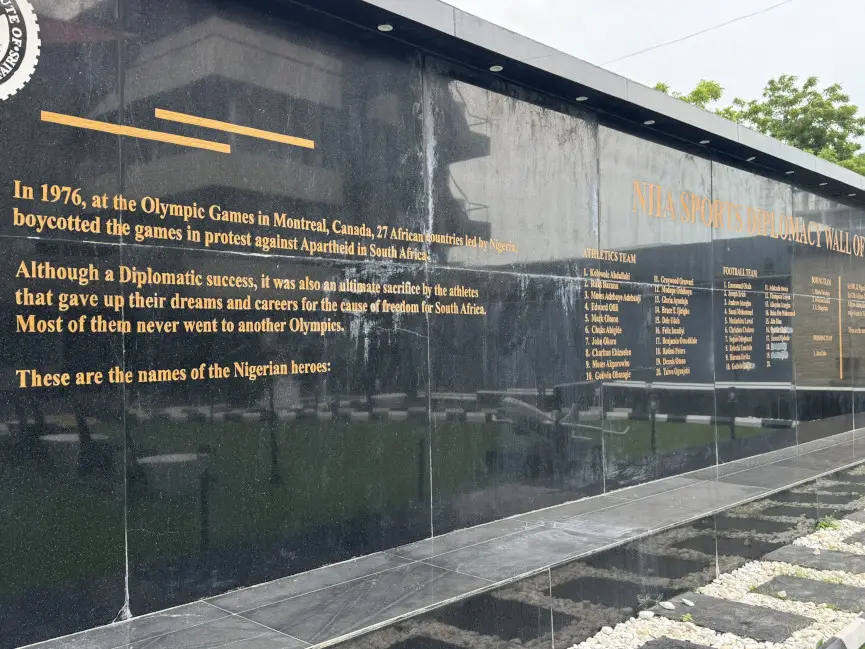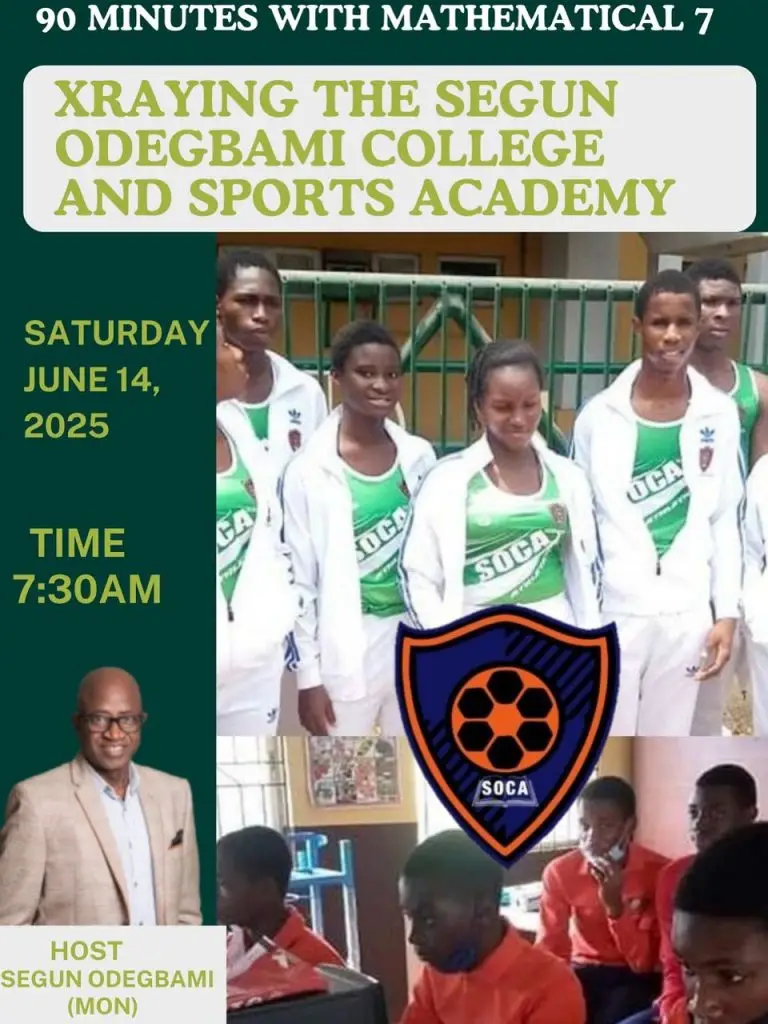I was at the 2016 FIBA Africa Women’s Basketball Club Championship from November 25 to December 5, in Maputo, the capital city of Mozambique of some two and half million people known for their deep passion for basketball.
I went with the Elephant Girls, the First Bank Basketball Club, Nigeria’s sole representative to the championship.
Maputo nestles on the African coastline south-east of the continent washed by the waters of the Indian Ocean.
I shall be looking at the championship through the lenses of First Bank Club.
10 teams were in the race for the 2016 African Championship title: from Algeria (1), Kenya (2), Cameroon (1), Togo (1), Angola (2), Mozambique (2) and Nigeria (1).
Background
FIBA Africa, the organizer of the annual competition, was founded in 1985.
The 2016 event was the 22nd edition to be held in 31 years.
First Bank Club holds the record of highest attendance at the championship – 16, followed distantly by Interclube of Angola with 12 appearances.
First Bank is also the only Club from Nigeria to have won the championship twice – in 2003 in Maputo, Mozambique, and in 2009 in Cotonou, Benin Republic.
The competition has only ever been held once in Nigeria, hosted by First Deep Water Basketball Club in 2011. First Bank got to the finals that year but lost to Interclube of Angola 81-55.
Two Angolan clubs have been the most successful in the history of the championship. Between Interclube and Primeiro de Agosto, they have won the title 7 times.
Mozambican clubs have also won it 5 times and Senegalese clubs, 4 times.
On an individual club basis, Interclube of Angola has been the most successful, winning its 5th title last weekend.
The only individual club with an unprecedented record of its own, also, is last year’s defending champion, Primero de Agosto. It has been a finalist 9 times and won it twice.
Other two-time winners of the coveted trophy are First Bank of Nigeria, Despotivo de Maputo of Mozambique and Tourbillon of DR Congo.
The 2016 Championship
The ten participating teams were divided into two groups of five.
At the end of the group stage of matches, First Bank won three of its four games. Its only loss was to the defending champion, Primeiro de Agosto, which led the group.
The second group was led by the other Angolan club, Interclube. In a repeat of last year’s results, the two Angolan clubs were, once again, the only teams that did not lose any match in the group stages.
What this clearly shows is that there is a gulf between Angola and the rest of the continent in the current standard of female basketball. This raises valid questions: what are the Angolans doing that the rest of the continent is not? What makes Angolan basketball so superior? What can the other countries do to break Angola’s seeming present stranglehold?
First Bank’s performances
First Bank won its first match against
Etoile Filante club of Togo very easily.
The second match against G.S. Petroliers of Algeria proved much more challenging. It concluded in a dramatic fashion with First Bank down by 5 points with 20 seconds left on the clock. In 17 seconds First Bank turned the table, led for the first time in the entire game and snatched victory almost at the buzzer with 2 points.
In the following match, the very next day First Bank convincingly trounced the USIU Flames, the university team from Kenya.
Its only loss to Primeiro in the last group match meant that First Bank was second on the league table and had to play the third-placed team from the second group in one of the quarterfinal matches.
That match was against FAP Yaounde, a very physically intimidating Cameroonian club. On the night, the anticipated tough match turned out to be an anti-climax – the mountain became a molehill as the Cameroonian team collapsed under the barrage of a well-organised attack by a steadily improving Elephant Girls.
That victory took them to the semi-finals to meet Interclube that defeated the club from Algeria in their own quarterfinal encounter. Interclube had never been defeated by any Nigerian club in all their previous meetings. So, it marched onto the semi-final match against First Bank in supreme confidence.
Once again it dealt the Nigerians a bitter blow, technically blowing the Nigerian champions apart, sustaining the myth of the superiority of Angolan basketball and keeping First Bank marooned on the plateau above which they appear incapable of climbing after several attempts through the years.
Sitting through that match was agonizing for me, a painful reminder of Nigeria’s technical deficit, and that something needed to be done to bridge the yawning gap between the standard of Angola, in particular, and the rest of the continent.
In the second semi-final match, it was not expected that the host team, Ferroviario, with the unprecedented and vociferous support they were enjoying from the home crowd, would fall at any stage earlier than the final match. They did not disappoint.
In a well-fought match against the more experienced, bigger and stronger defending Champions, Primeiro, they played the game of their lives, like girls possessed, pressing hard, running non-stop, chasing and physically contesting for every ball, every inch and second of the way against the more, up to the final buzzer.
The pressure by the Mozambicans was unrelenting. The Angolans capitulated in the end and eventually lost.
That defeat left Primeiro de Agosto so broken and tempered that when they eventually met First Bank again in the decisive battle for third place, the following day, they had become common fodder for the Elephant Girls!
So, in their very last game in the championship, the First Bank of Nigeria found their range and broke the 13-year jinx of the invincibility of Angolan female clubs by repeating what they did in 2003 in Maputo – narrowly, painfully, and methodically taking Primeiro de Agosto apart in 4 quarters of basketball that was so interesting that it eventually made the final match look drab and uninteresting.
It turned out to be First Bank’s best match so far.
Although the Angolan girls were better technically and individually, they were pressed and outsmarted by teamwork exhibited by the hard fighting Nigerian girls for three-quarters of the game with the scores remaining very close.
In the last quarter, the Nigerian team performed a Houdini, pulling out of their bag of tricks a performance of supreme dimension. It was almost like putting the defending champions through a shredder and tearing all their tactics to bits.
The Final Match
There is little to say about the final match between Interclube and Ferroviario except that it was a drab, one-sided affair with the Angolans never in any trouble throughout the game. They dominated in every department from the start till the end, putting up a master-class display in the process.
Interclube showed again, for the fifth time in the past 7 championships, that it is the greatest female basketball club in the history of African basketball. On the two occasions that it did not win during that period, it was in the finals!
Interclube de Luanda, a club owned and funded by the Angolan Police Force, were truly the deserving champions once again.
The winning edge!
In that Angolan team are two of the best players of the entire championship, truly exceptional American girls, amongst the highest paid professionals in African basketball. They spend 3 months every year with the Angolan club to take part in the African club championship before returning to their other professional clubs in Spain and Italy. Italee Lucas and Segnoia Holmes’s presence in Interclube make all the difference.
Italee actually now holds an Angolan passport and plays for the Angolan national team. Segnoia was voted the most valuable player of the 2016 championship.
Nigeria’s best, not good enough!
As we left Mozambique to return to Nigeria, a thought kept ringing in my head – Nigeria needs to up the ante and raise the standard of its domestic game in order to be able to match the Angolans and win the African title.
As the curtains are drawn to end another fantastic festival of basketball Nigeria’s First Bank must continue to live with the fact that their best effort is still some ways from being the best in Africa.








Latest Comments